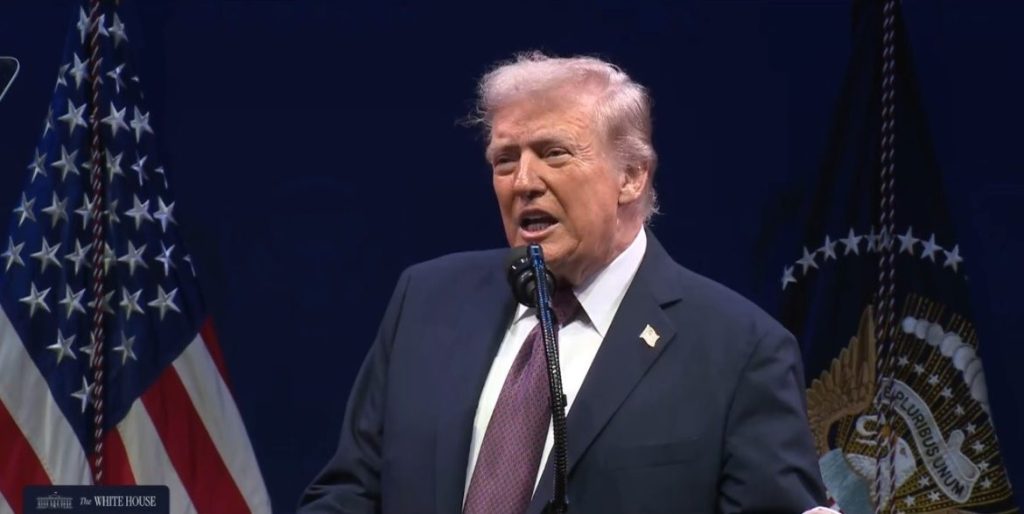Recent presidential pardons and sentence commutations have brought renewed attention to several prominent figures in New York’s political landscape. These executive clemency actions, issued by President Donald Trump, have fueled widespread debate about their application and their impact on public life and legal processes. From former city officials to members of Congress and business leaders, a diverse set of individuals received sentence reductions or full pardons, altering their legal standing—and in some cases—opening the door to potential political comebacks.
The presidential pardon power, traditionally meant to correct judicial errors or offer second chances, was used extensively by President Trump, affecting individuals facing charges that ranged from attempts to overturn election results to financial fraud and insider trading. The latest wave of pardons underscores the considerable authority granted to the presidency and the profound effects such decisions have on the lives of those who benefit from them.
Among the most notable recipients was former New York City Mayor Rudy Giuliani, who received a pardon for his role in efforts related to the 2020 presidential election results. This decision came after his license to practice law in New York was revoked, partly due to making false statements in federal court. His early November pardon became a focal point in public and legal discussions concerning accountability and the limits of executive power.
Another individual whose sentence was reduced last month was George Santos, the former congressman known for fabricating personal stories. His seven-year sentence for wire fraud and identity theft was commuted, resulting in his release and sparking speculation about his future—perhaps outside New York.
Former congressman Michael Grimm also received a pardon in May for tax fraud charges that had previously forced his resignation from Congress. Grimm is now facing major health challenges following an accident last year, making his case one in which the pardon may be viewed through a humanitarian lens.
Chris Collins, another former congressman, is planning a return to public life after receiving a 2020 pardon for insider trading. After relocating to Florida, he now aims to run for Congress next year and is preparing to publish a new book. His case highlights how pardons can offer a pathway back into political circles.
Veteran political operative Roger Stone—linked to Russian interference in the 2016 presidential election and sentenced to federal prison—had his sentence commuted and later received a full pardon in 2020. Likewise, political strategist Steve Bannon was pardoned in one of Trump’s final acts during his first term. Bannon had been accused of defrauding investors in a border-wall fundraising project, and his recent comments suggest ongoing concern about potential future legal exposure.
Charles Kushner, father of former Trump adviser Jared Kushner, also received a 2020 pardon for tax evasion and witness tampering convictions dating back two decades. Real estate developer Douglas Jemal, a well-connected figure in Western New York, received a last-minute pardon in early 2021 for a 2006 fraud conviction shortly before the end of Trump’s first term.
Albert Pirro, the ex-husband of Jeanine Pirro, was pardoned in 2021 for conspiracy and tax evasion. Bernard Kerik, the former NYPD Commissioner who recently passed away, received his 2020 pardon after serving time for tax fraud in 2010.
Beyond contemporary political figures, the posthumous pardon of women’s rights pioneer Susan B. Anthony in 2020 also drew attention—though the Susan B. Anthony Museum and House in Rochester rejected it publicly, stating she would not have wanted a pardon for her 1872 arrest for voting.
Writer Dinesh D’Souza, who pleaded guilty to making illegal campaign contributions in New York, received a Trump pardon in 2018. Former New York Observer editor Ken Kurson received a 2021 pardon after facing cyberstalking charges. Finally, former NYPD officer Michael McMahon was pardoned last month after being sentenced for stalking a family on behalf of the Chinese government.
Collectively, these examples of executive clemency highlight the complex and often controversial nature of presidential pardons—especially when granted to high-profile political and social figures. Each case brings a unique set of circumstances and public reactions, contributing to the ongoing national dialogue about justice, accountability, and rehabilitation within the American legal system.

